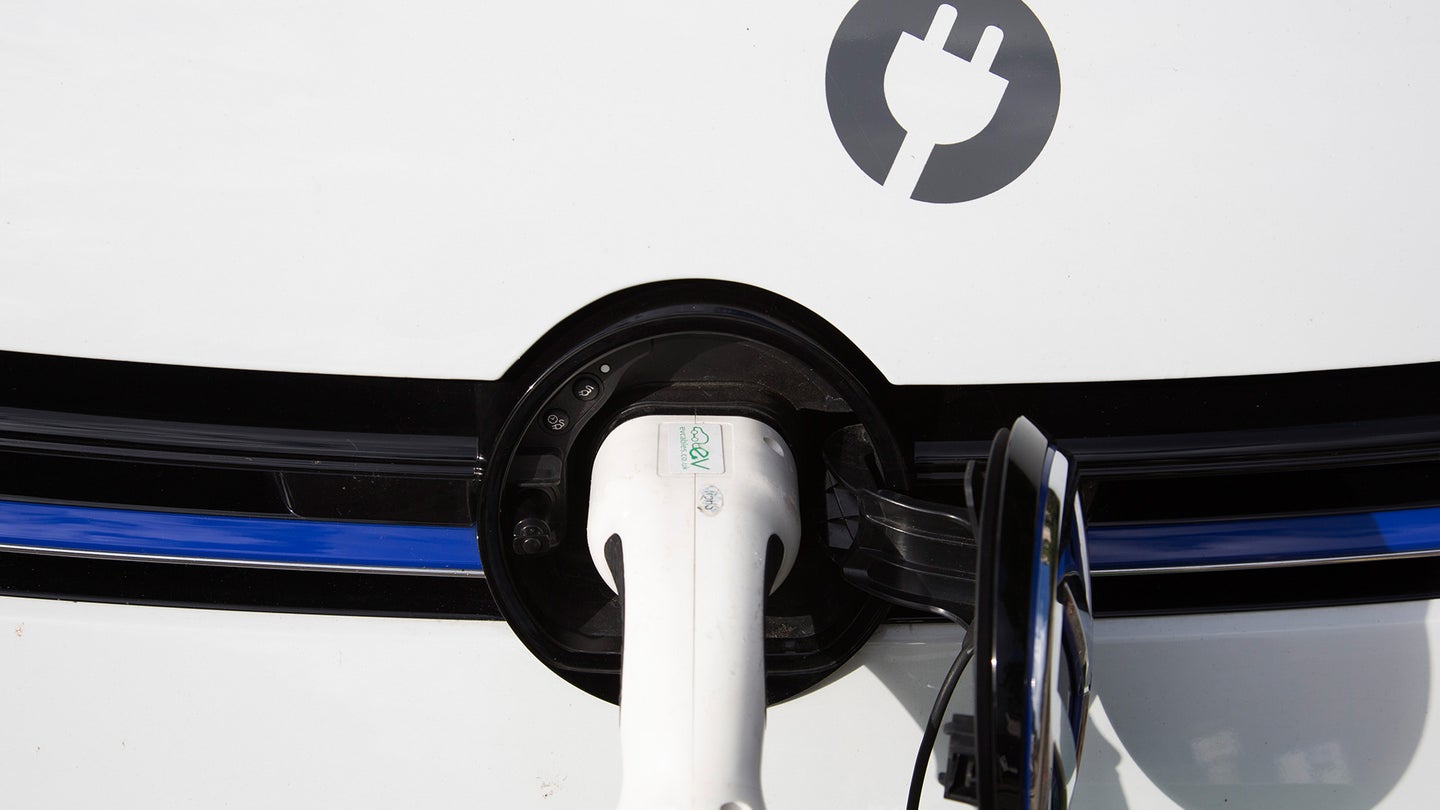Companies and Cities Look to Distributed Charging for Electric Cars
Big box stores and even local governments are placing chargers in accessible locations for easy access.

With all the buzz surrounding electric vehicles, officials are being faced with some new-to-them issues that must be addressed to maintain steady growth of the high-tech transportation. Amidst all of the noise and new car models, the public has begun to raise the most discussed topic to the front pages: What about the charging infrastructure? New initiatives from corporations and even local governments have begun to address this concern by placing electric car chargers at the places you frequent every day.
Charging an electric car might be as simple as plugging it in, but the logistics of charging can be more complicated. Planning your daily commute around something which can take up to 86 times longer than filling up a traditional gasoline-powered car at the pump might not always work out as anticipated. And while many people who buy an electric car will be charging up at home, those whose homes lack the capacity to charge their car might seek public charging infrastructure as a means of juicing up their transportation.
Newly established coalitions have partnered with large retailers like Walmart to deploy chargers in popular parking lots so consumers can charge while they shop. Some stores such as Target even went in alone to make its stores more EV-friendly and attract new customers who want the convenience of on-demand charging. Auto manufacturers are even using public charger placement as advertising and residual income for their brands.
Industry professionals are foreseeing the future of public EV charging as being a fight between the number of cars on the road and the available chargers; it's unlikely that there will ever be a one-to-one scenario where the number of cars on the road is the same as the number of chargers. But instead of taking the gas station approach where all cars charge together, more corporations and local government entities are beginning to adopt a new solution to place the chargers around the average driver's everyday life.
Consumerism hubs won't be the only places you can gas-up while on-the-go. Travelers and adventurers will find solace in knowing that their overnight stays at some popular hotel chains include the ability to charge while they sleep. Highly-trafficked vacation spots have also begun to catch wind of the benefits while a list of U.S. National Parks is offering chargers for their visitors as well.
With government entities considering the possibility of phasing out gas-powered cars, incentives are being created to persuade residents to go out and buy a new EV. Aside from financial breaks, state-appointed agencies are working to install electric chargers around cities and towns so that cars are able to park and charge with ease. Manufacturers like Tesla have helped to aide this approach by focusing on installing destination chargers in urban environments rather than its traditional gas-station-like Supercharger stations.
Manufacturers have recognized the impact that EVs are having on the automotive market and have taken steps to secure their positions as leaders in the booming business. Supplying the cars is only half the battle for these automakers, and convincing the public to buy them is a large chunk of the other. With more possibilities to make charging seamless, it's hopeful that the minds of those against electric cars can be changed, and that the drivers of tomorrow will have easy access to charging.
